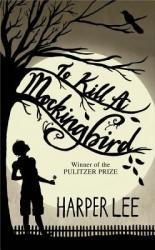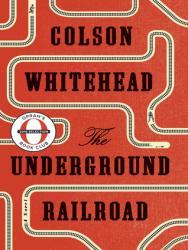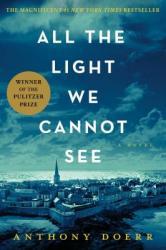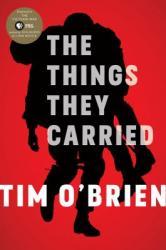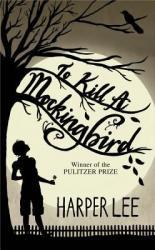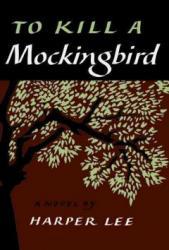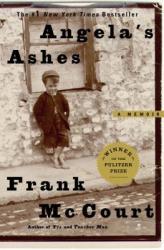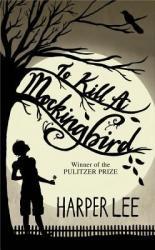The novel “To Kill a Mockingbird,” by Harper Lee may strike your perception as a seemingly uninteresting story. The book tells the tale of two young children in a sleepy Alabama town, and at face-value, the plot does not garner much intrigue. However, I was in the same situation when I was required to read this book in the spring of my freshman year at high school.
Indeed, while at first the story seemed boring, as I continued to carry on with reading, every turn of the page immersed me ever further into Lee’s timeless story.
As a reader, you share the emotions felt by Jem and Scout, two young siblings, as they learn the nuances of life in the prejudiced American South during the early 1900s. Not only was their community weakened by the economic collapse of the Great Depression, but also sickened by the bitter contempt felt among whites and blacks.
In the beginning of the novel, Jean Louise “Scout” Finch and her brother Jem innocently play games with their friend “Dill” and enjoy life in Maycomb with their father, Atticus. During this time, they have little to no apprehension of the racial tension hanging in their society, but when their father, Atticus Finch, who works as lawyer, openly chooses to defend an African American in court, trouble arises.
Jem and Scout undergo a number of personal developments during the course of the novel. While at first, they carry with them a genuine and child-like innocence, the court trial their father has taken on exposes them to the racist indignity felt by their fellow community members. Jem and Scout struggle to balance their conflict between the social norms of Maycomb and the morals their father has instilled in them. With the trial’s end, Jem and Scout are lead to discover the imperfections of their society, and the ways with which they are forced to deal with them. As the reader follows along, they not only watch Jem and Scout change, but they too themselves are shaped through Lee’s captivating story.
Overall, I enjoyed most aspects of the book. Although some scenes I felt were a bit plain and unprogressive, these minor flaws were overshadowed by the powerful themes Lee expresses through the story. If you haven’t already read To Kill a Mockingbird, I would certainly give the novel a try. If not for the genuine enjoyment of reading the story, try this novel to feel the powerful emotions stirred from Lee’s literary masterpiece.
Reviewer Grade: 10



